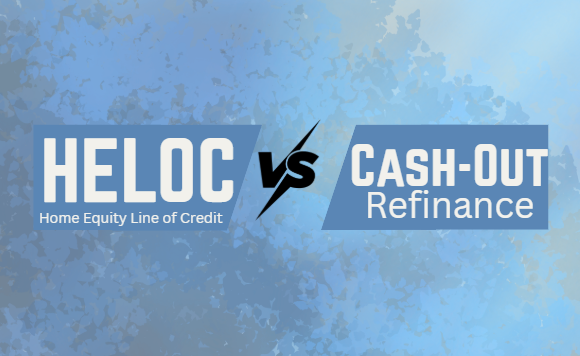Types of Property Ownership
Types of Property Ownership
Nicole Serviss, RE/MAX Elite
Sole Proprietorship
A sole proprietorship is a business owned and run by an individual or spouses. The owners receive the net income as ordinary income, which is taxed at the owner’s personal rate. Simplicity is its main advantage as organizing as a sole proprietorship requires no legal setup, no extra tax reporting, and no additional partners. Its main disadvantage is unlimited liability. Sole proprietorships do not provide any asset protection. In the case of a lawsuit, all of the owner’s personal assets are all at risk.
General Partnership
A general partnership is similar to a sole proprietorship in that each of the individual owners is liable for income taxes on his or her share of the business income. Partners are also personally liable for the actions and debts of the partnership. The partnership terminates upon the death, disability, or withdrawal of any one partner. However, most partnership agreements anticipate these types of events; by prior agreement, the remaining partners purchase the departing partner’s share.
Limited Partnership
A limited partnership is structured around a general partner and limited partners, who invest in the enterprise. The general partner has management control and is responsible for all business actions and debts. The limited partners, who contribute capital and have little involvement in day-to-day operations, are not liable for any debts. The advantage for the general partner is access to a pool of capital. The limited partners receive a stream of profits and losses without any of the work of property management.
Limited Liability Company (LLC)
Limited liability companies have the advantage of providing asset protection but at the same time avoiding the double taxation that comes with a C corporation. LLCs also limit the owner’s liability to the extent of their investments. They are also easier to set up than corporations, and do not require shareholders or annual meetings. LLCs can have multiple owners (called members), and the members can be individuals or partnerships, trusts, foreign investors, or corporations, each owning different percentages. Most states permit single-member LLCs (although there may be tax consequences for these), but spouses are considered two members when forming an LLC.
The LLC is a pass-through entity that helps the owners avoid paying both corporate and personal taxes. The owner of a one-member LLC does not need to file a separate tax return for the business entity. All of the income and expenses, which are deductible, are reported on the LLC operator’s tax return. On the downside, the single-owner is required to pay self-employment tax on income generated. The challenge for single- owner LLCs is to keep a strict separation between the business entity and the owner’s personal and other business affairs.
S Corporation
The S corporation is a pass-through entity that offers the benefit of limiting the liability of the owners. Owners pay personal income tax on corporate profits, while the corporation reports those taxes under its own corporate tax returns. Owners pay taxes on their salaries, bonuses, and dividends as well as retained earnings. As a separate structure, S corporations require scheduled director and shareholder meetings, minutes from those meetings, adoption and updates to by-laws, stock transfers, and records maintenance.
S corporation owners are compensated by paying themselves a salary. Excess profits can be distributed as dividends. The S corporation, however, has limited utility as an ownership entity for investment real estate because no more than 25 percent of gross receipts can come from passive activity.
C Corporation
The C Corporation is an independent legal entity owned by the shareholders and is treated as a separate entity for tax purposes. It is separate from those who own, control, and manage it, therefore the corporation itself, not the shareholders that own it, is held legally liable for the actions and debts the business incurs.
The C Corporation pays corporate tax, and the owners pay personal income tax only on their salaries, bonuses, and dividends. The C Corporation not only has the disadvantage of double taxation, it is also more costly and time-consuming to set-up and operate, and requires additional record keeping.

















Professional staging in Snohomish helps your home sell faster and for more. Learn why Nicole Serviss includes it in her listings, and how it boosts results.